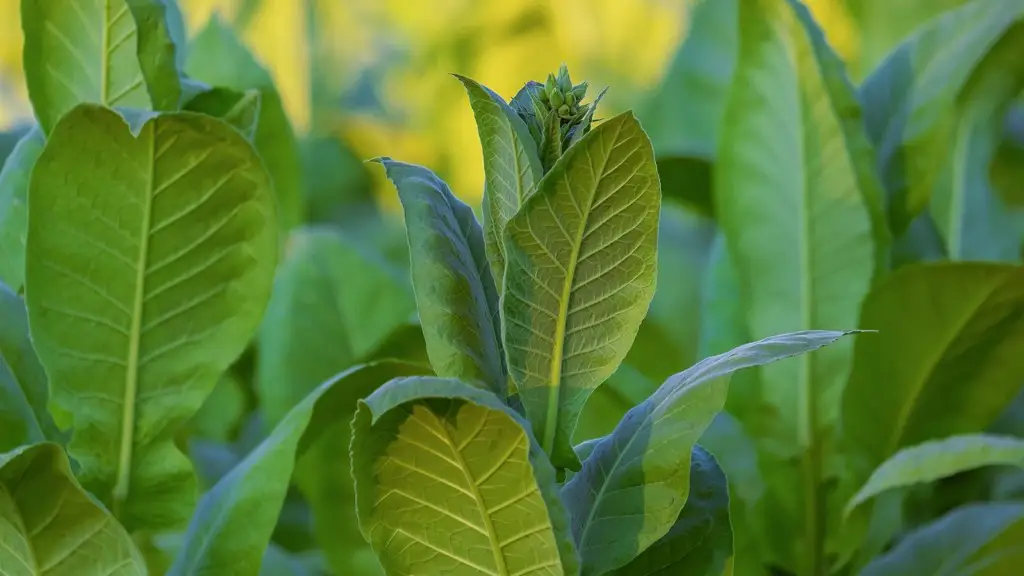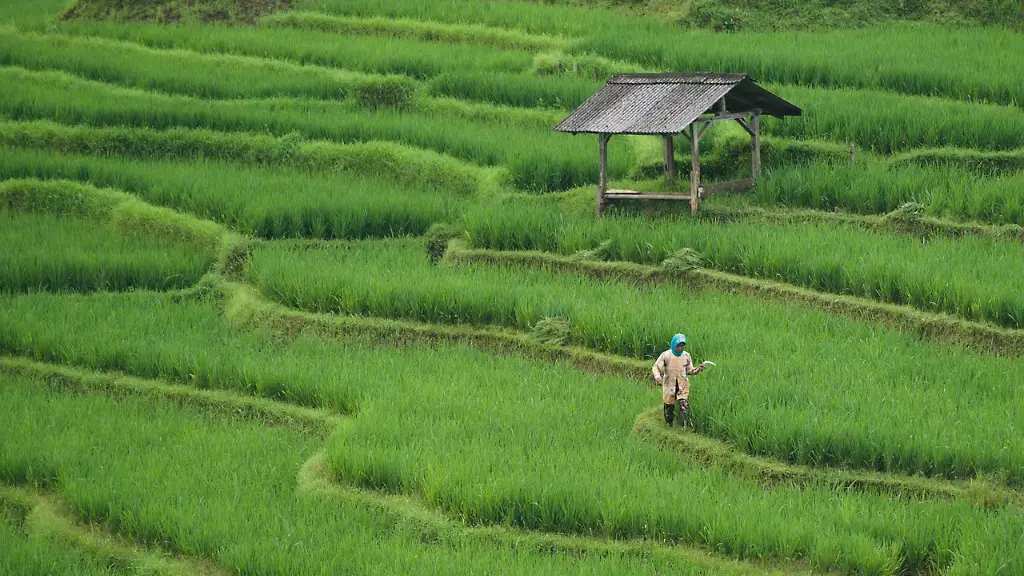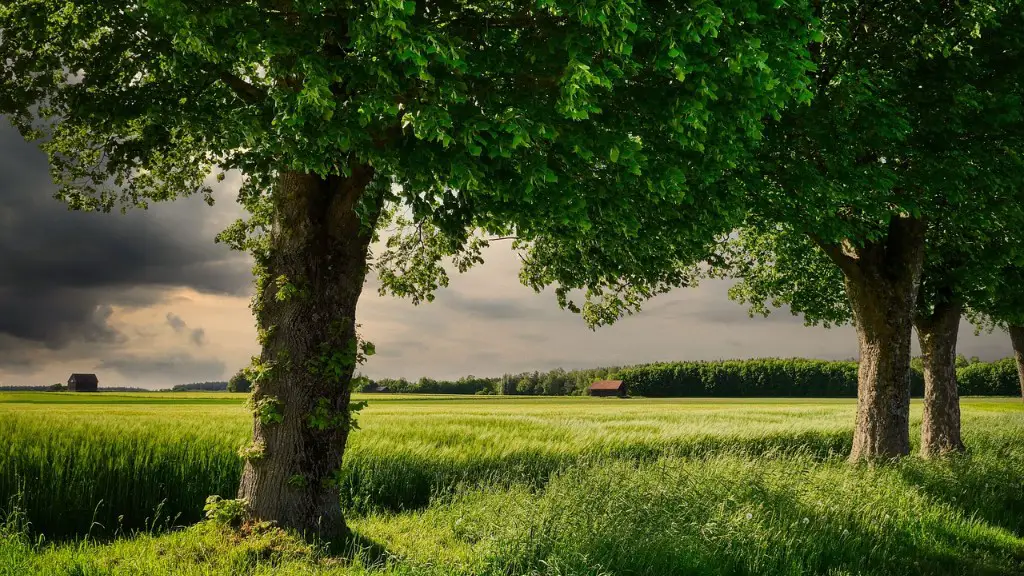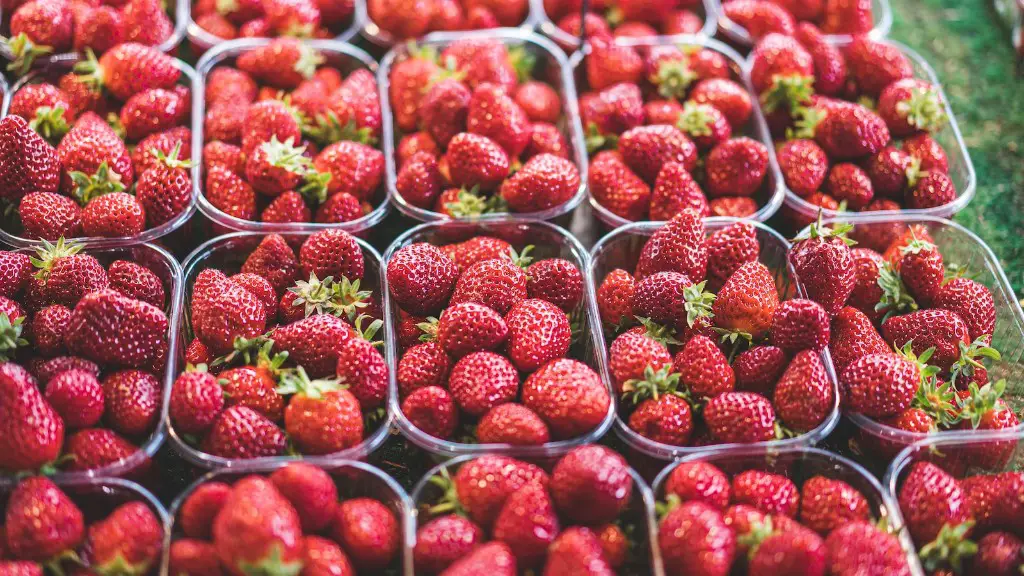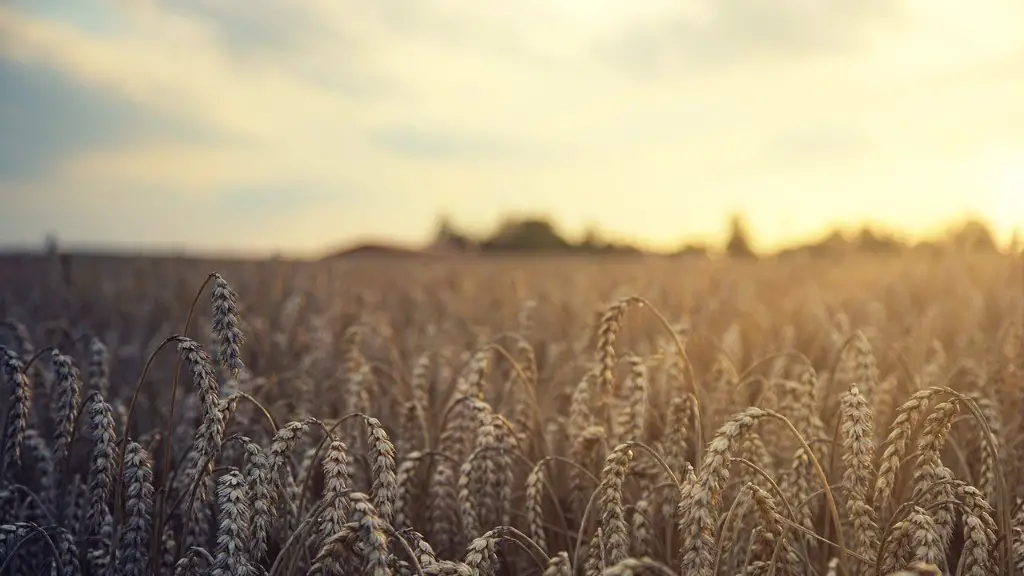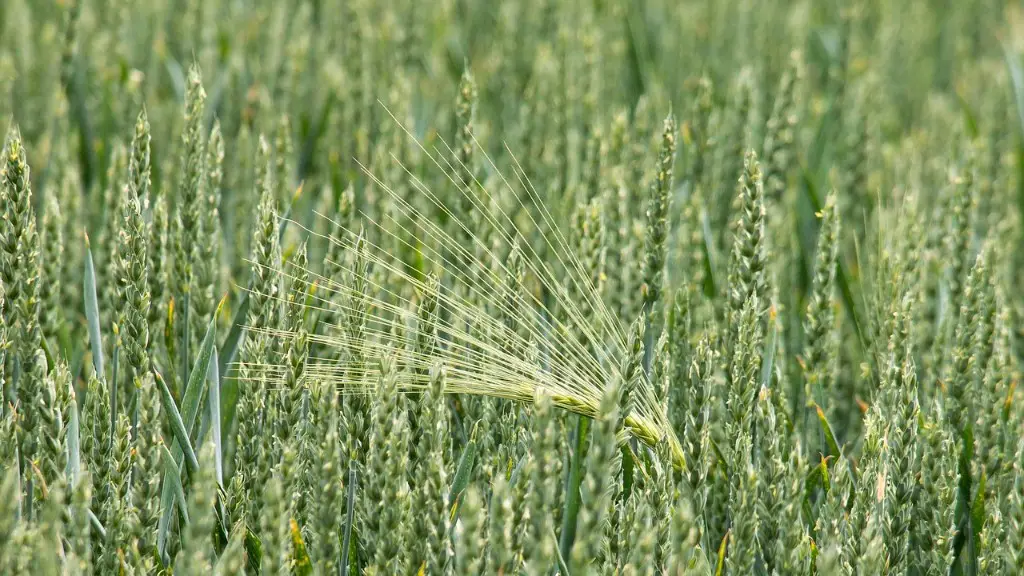The current population of the world is approximately 7.53 billion people. By the year 2050, the world population is expected to reach 9.7 billion people. With the world population expected to grow by over 2 billion people in the next 30 years, the question arises: how will agriculture feed the world?
It is estimated that the world will need to produce 70% more food by 2050 in order to keep up with the demands of the growing population. The UN’s Food and Agriculture Organization has stated that agriculture must become more efficient and sustainable in order to meet this demand.
There are many ways in which agriculture can become more efficient and sustainable. One way is by using more efficient irrigation systems. A more efficient irrigation system can help to reduce water usage by up to 50%. Another way is by using more cover crops. Cover crops help to improve soil health and reduce soil erosion. Yet another way is by using more organic fertilizer. Organic fertilizer helps to improve soil health and can be made from renewable sources, such as chicken manure.
In order to meet the demand for food in a growing world population, agriculture must become more efficient and sustainable. There are many ways in which this can be done. With more efficient and sustainable agricultural practices, the world can
There is no one-size-fits-all answer to this question, as the best way to ensure that agriculture can feed the world depends on the specific circumstances and resources available in each case. However, some general strategies that can be adopted include diversifying crops, practicing conservation agriculture, and investing in small-scale farmers.
How can agriculture help the world?
Agriculture is one of the oldest and most important industries in the world. It plays a vital role in supporting livelihoods, providing food and other products, and building strong economies.
Agriculture supports livelihoods through food, habitat, and jobs. It is the primary source of food for many people, and it also provides habitat for wildlife. In addition, agriculture supports millions of jobs around the world.
Agriculture also provides raw materials for food and other products. For example, wheat is a common raw material in the production of bread, pasta, and cereal. In addition, cotton is a common raw material in the production of cloth.
Finally, agriculture plays a key role in building strong economies through trade. Agriculture is a major export industry for many countries, and it plays an important role in the global economy.
This is a really interesting study that highlights just how big of an issue food insecurity is on a global scale. It’s alarming to think about how many people would go hungry if everyone tried to eat according to the USDA’s recommendations, and it just goes to show how important it is to continue working towards food security for all.
How can sustainable agriculture help feed the world in 2050
There are many ways to reduce food loss and waste, and everyone has a role to play. Here are a few things you can do:
-Store food properly to extend its shelf life
-Plan ahead when shopping to reduce the risk of buying more than you need
-Donate edible food to food banks or other charities
-Compost food scraps to reduce methane emissions
We all have a role to play in reducing food loss and waste. By making simple changes in our daily lives, we can make a big difference.
The expansion of agriculture has had a profound impact on the environment, both in terms of climate change and loss of biodiversity. Natural habitats have been converted to farms and pastures, soils have been degraded, and pesticides and fertilizers have polluted the environment. The loss of biodiversity has been particularly devastating, as it has led to the extinction of many species and the loss of key ecosystem functions.
What are 3 reasons why agriculture is important?
1. Agriculture is the main source of raw materials for industries.
2. It is important to international trade.
3. It plays a big role in a nation’s revenue.
4. It provides employment.
5. It’s crucial to a country’s development.
6. It can help heal the environment.
7. It goes hand-in-hand with war.
8. It can help improve a country’s food security.
Agriculture is essential for the environment because it helps to increase biodiversity. By increasing the variety of plants and animals in an area, agriculture helps to create a healthier ecosystem. This in turn leads to healthier soil, less erosion, better water conservation, and healthier pollinators. All of these factors contribute to a healthier environment overall.
Can America feed itself?
It is interesting to note that the US is actually self-sufficient in basic food production. Not only does the country provide food for itself, but it also provides food for a large part of the rest of the world. The US typically produces 22 billion bushels of wheat per year, which is a significant contribution to the global food supply.
The study found that if everyone ate meat at the rate of the average American consumer, we would need to use 138 percent of the habitable area of the planet for agriculture alone. This is clearly not sustainable and would have a devastating impact on the environment. We need to find more efficient ways to produce food if we want to feed the growing population without damaging the planet.
What happens when the world runs out of food
The scarcity of food is not only likely to cause famine, but also other problems such as conflict, mass migration, and even war. In the future, wars are likely to be fought over access to food and water resources. This is because as the world’s population continues to grow, the demand for these resources will exceed the supply. Consequently, countries will compete for these resources, and the resulting conflict could lead to war.
We need to increase crop production to feed the world. The amount of land used for farming needs to be increased so that we can harvest more crops.
How can we feed the world without destroying the planet?
As the world’s population continues to grow, it is becoming increasingly important to find ways to produce enough food to feed everyone without damaging the planet in the process. There are a number of things that need to be done in order to make this happen, including:
1. Meeting the needs of the world’s population today: This means ensuring that everyone has access to enough food to meet their basic needs. This can be done by improving agricultural productivity, providing education and access to resources, and improving infrastructure.
2. Meeting the needs of the next two billion: The world’s population is projected to reach 9 billion by 2050. This means that we need to find ways to produce more food to meet the needs of this growing population. This can be done by using more efficient methods of food production, such as precision agriculture, and by reducing food waste.
3. Doubling food production sustainably: We need to find ways to increase food production without damaging the environment. This can be done by using more sustainable methods of agriculture, such as agroforestry, and by reducing food waste.
4. Stop deforestation: Deforestation is a major contributor to climate change and it also damages the environment. We need to find ways to stop it,
In order to increase profits and promote environmental stewardship on farms, it is essential to increase production of food and fiber while also enhancing quality of life for farm families and communities. This can be accomplished by investing in infrastructure and education, as well as adopting new technologies and best practices.
In terms of infrastructure, improving roads, storage facilities, and other infrastructure can help reduce costs and improve efficiency. In terms of education, investing in programs that train farmers in new techniques and provide information on best practices can help increase yields and improve farm management.
Finally, new technologies and best practices can help increase production while also reducing environmental impacts. For example, precision agriculture can help farmers reduce inputs while maximizing production, and regenerative agriculture can help restore soils and improve water quality.
What are 4 benefits of agriculture to a country
Agricultural products are essential for the production of many items that are necessary for human survival. Crops for food, silk for clothing, and wood for shelter are all derived from agriculture. Without these products, humans would not be able to meet their basic needs.
Agriculture is the foundation of all civilizations. It is the basis for all other industries and sectors. A strong economy cannot exist without a strong agricultural sector. All of the world’s major cities were built on the basis of agriculture. Banks, stock markets, universities, churches, and armies all depend on agriculture for their existence.
How does agriculture help the economy?
Agriculture plays an outsized role in the global economy, but its importance has often been underestimated. Agriculture is not just a sector that produces food and raw materials; it is also a major driver of economic growth and development.
The sector accounts for a large share of employment, especially in developing countries, and its share of global GDP has been rising steadily over the past few decades. In fact, agriculture is now one of the largest and most important industries in the world.
The sector’s importance will only continue to grow in the coming years as the world’s population increases and incomes rise, especially in developing countries. This will lead to rising demand for food, as well as for agricultural raw materials used in other industries.
Agriculture therefore plays a vital role in the global economy and will continue to do so in the years to come.
Farming is a great way to get some exercise and be outdoors. It can be challenging and stimulating work, providing a great source of income in rural areas. Farm work also helps develop younger generations, teaching them important skills while also providing a healthy and active lifestyle. Plus, farming can help the environment thrive by producing healthy food and helping to preserve natural resources.
Conclusion
It is estimated that by 2050 the world population will reach 9.1 billion people, which is a 34 percent increase from today. With a projected increase in population comes an increase in the demand for food. The United Nations Food and Agriculture Organization (FAO) estimates that food production will need to increase by 70 percent in order to meet the demand. With land resources becoming increasingly scarce, and water resources being strained, the question becomes how will agriculture feed the world?
There are a number of ways in which agriculture will need to change in order to meet the demands of a growing population. First, there will need to be an increase in production of food crops. This can be done through the use of more productive seeds, better irrigation, and more effective fertilizer. In addition, there will need to be a shift from livestock production to crop production. This is because livestock require more land and water resources than crops. Finally, there will need to be an increase in the use of technology in agriculture. This includes the use of precision agriculture, which is a method of using technology to increase the efficiency of agricultural production.
With the world population projected to increase in the coming years, it is important that agriculture is able to meet the demand for food. By increasing production
It is estimated that by 2050 the world population will reach 9.1 billion people. With the current rate of agriculture production, it is not clear how the world will be able to feed everyone. There are many new technologies and methods being developed to help increase food production, but it is not certain if they will be enough. The world will need to find a way to increase food production in order to feed everyone in the future.
